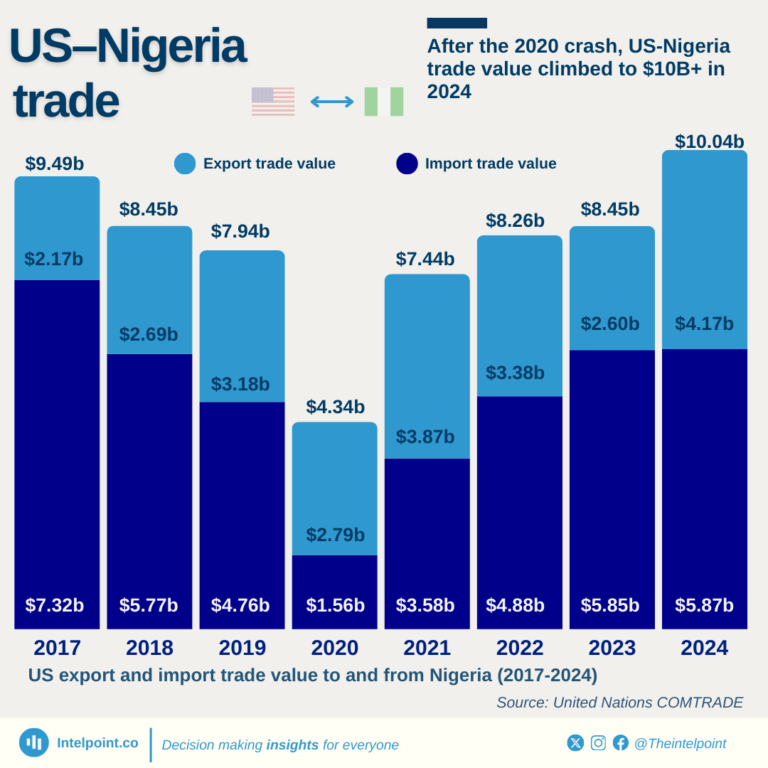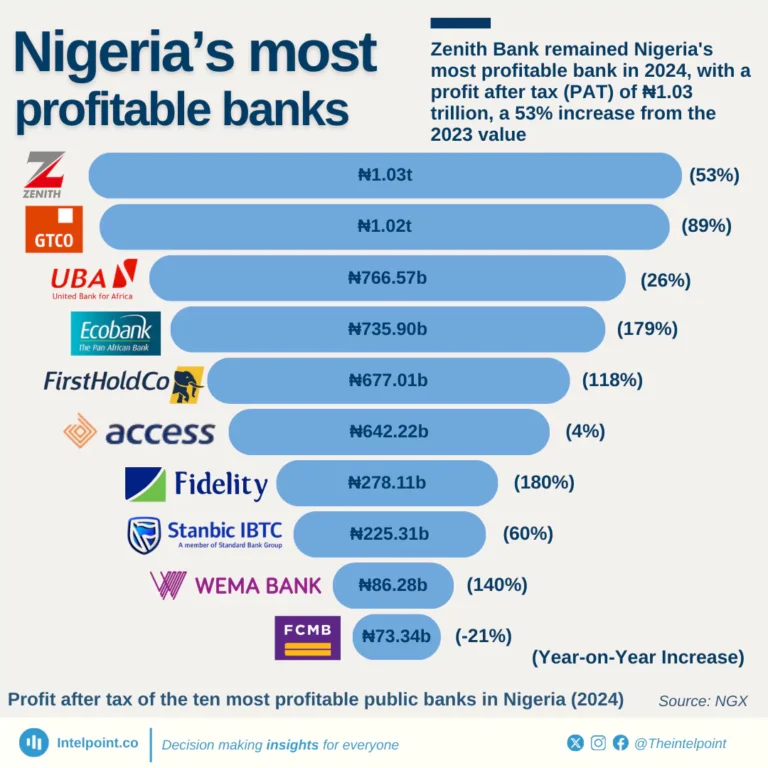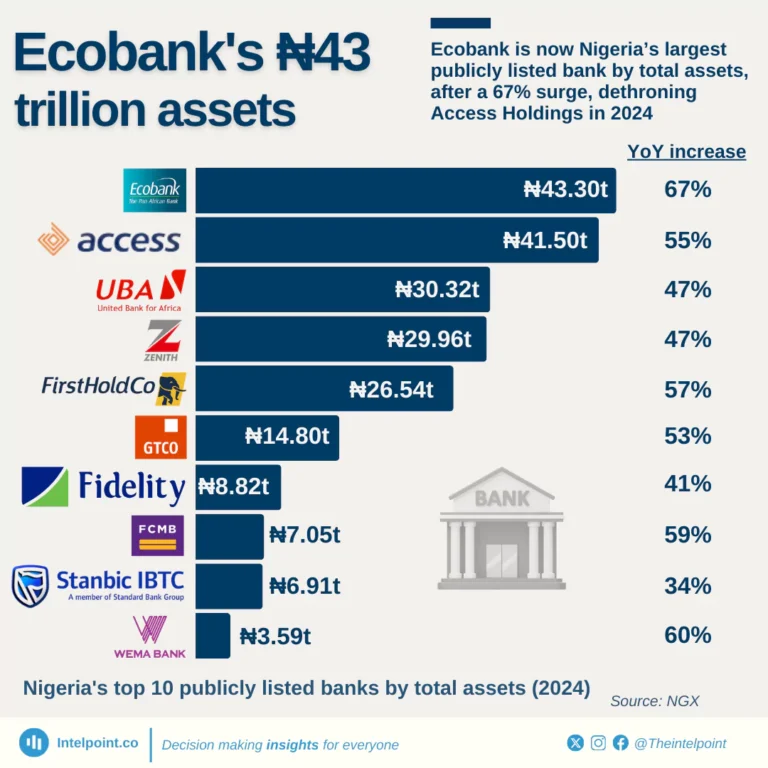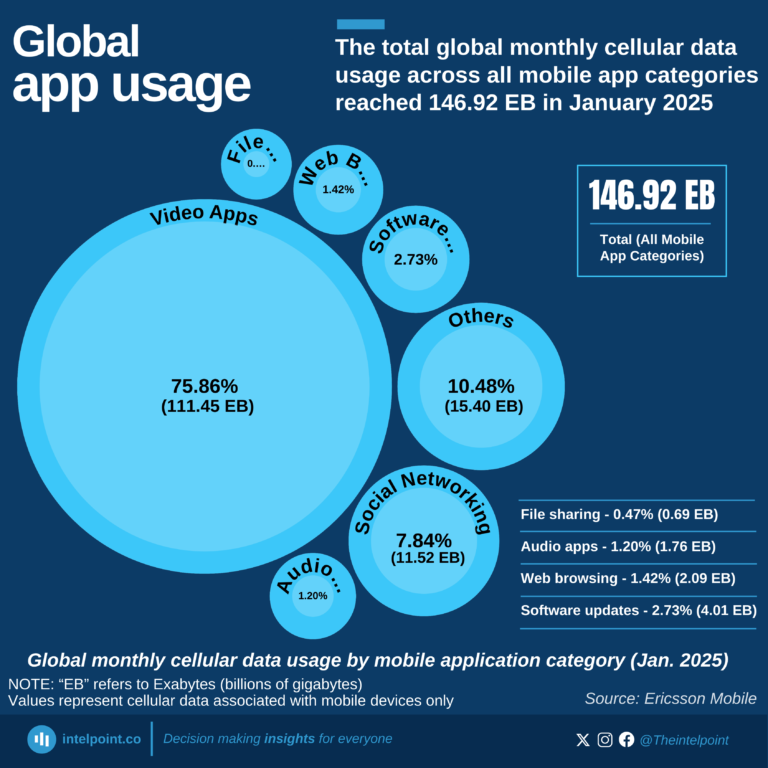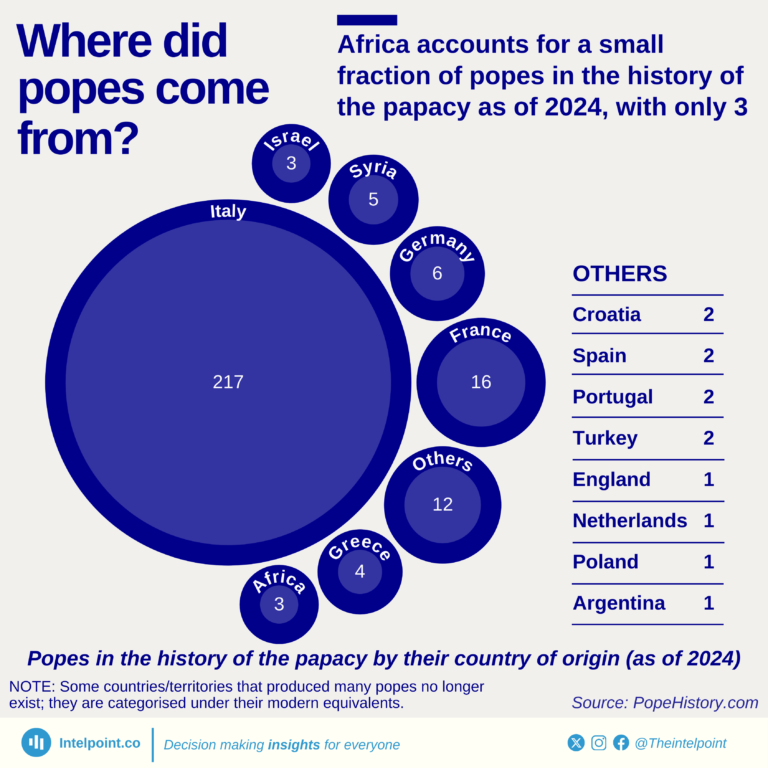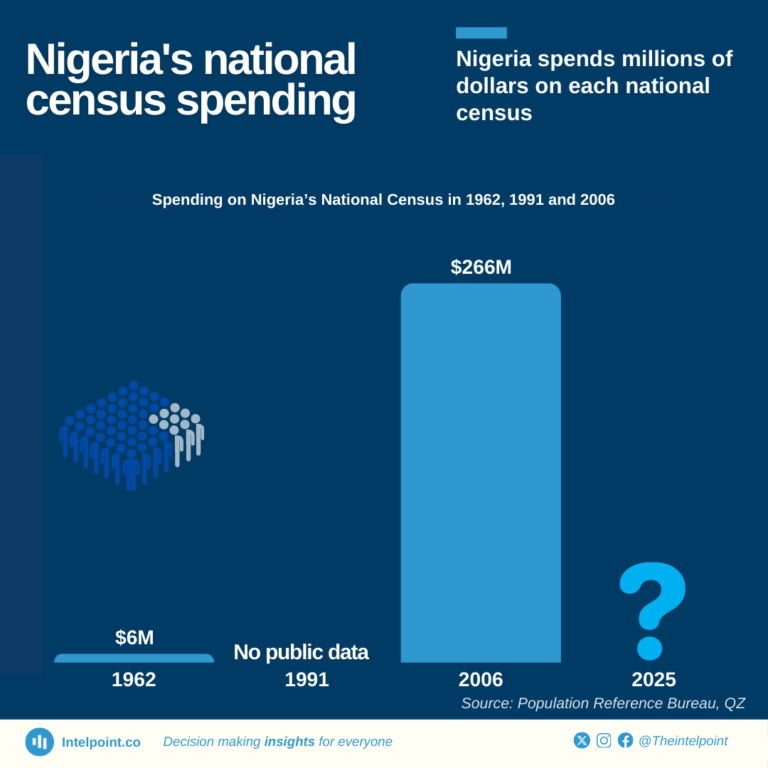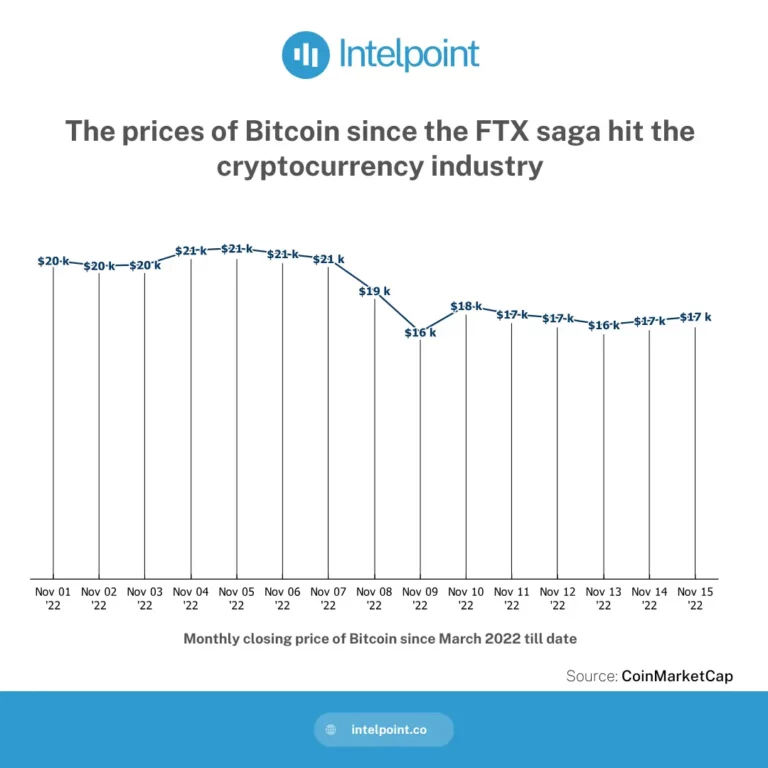
FTX, one of the biggest crypto exchanges in the world, went bankrupt. Before its bankruptcy, the price of Bitcoin rose to $21,000 and fell back to $19,000 on November 7, 2022, when Binance CEO, Changpeng Zhao revealed that his company would be selling off FTX's native coin, FTT.
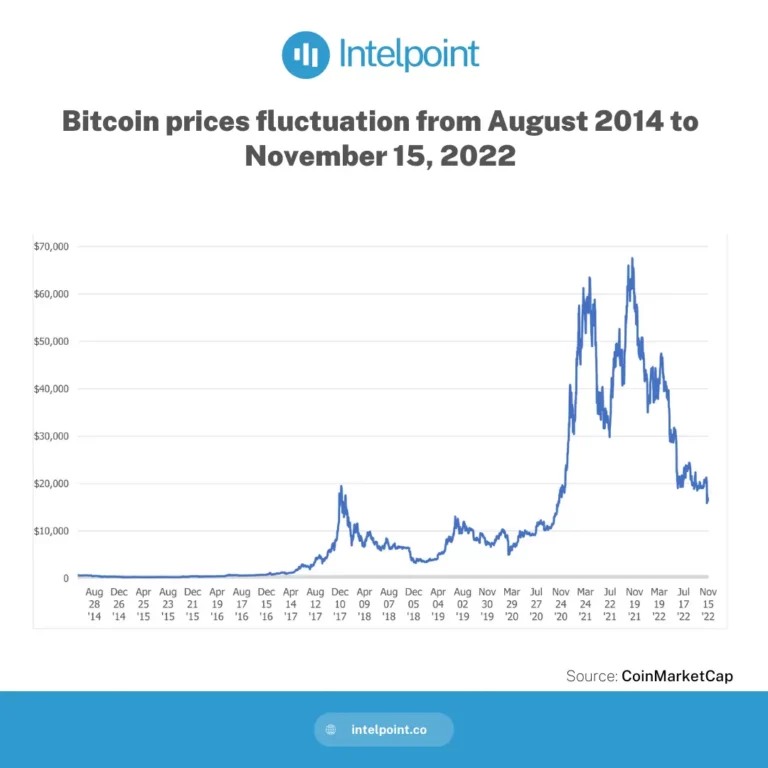
In 2017, the price of Bitcoin suffered a hit when it crashed following a huge crypto boom that saw the price go from $400 in 2016 to $19,118 in 2017. Bitcoin went down to $3,000 in 2018, losing 447% of the value it had accumulated in 2017. By 2019, the market saw a positive trend with the price of bitcoin reaching $36,833.
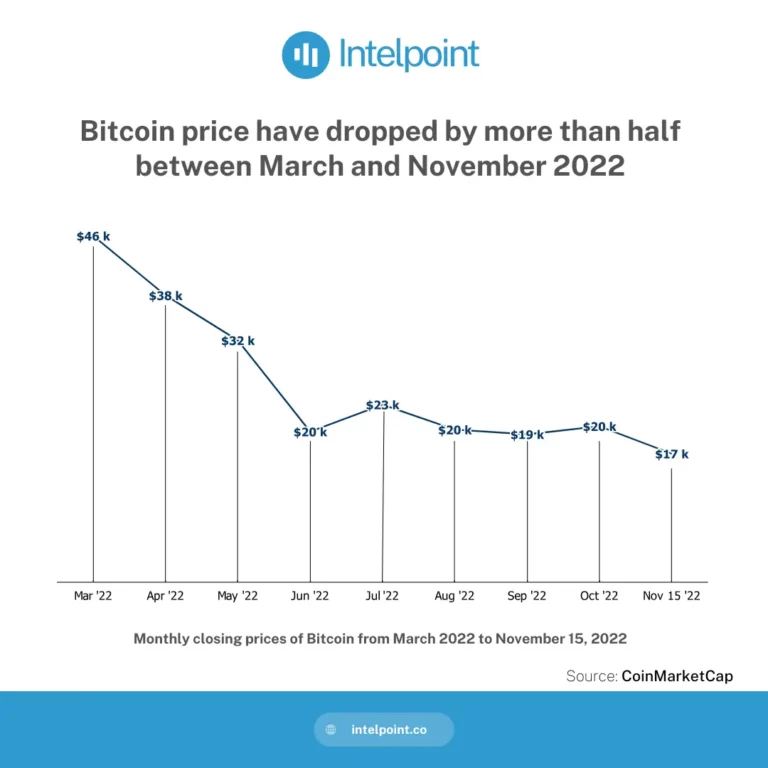
The price of Bitcoin went from $46k in March 2020 to $17k in November of the same year, a 63% drop in eight months.
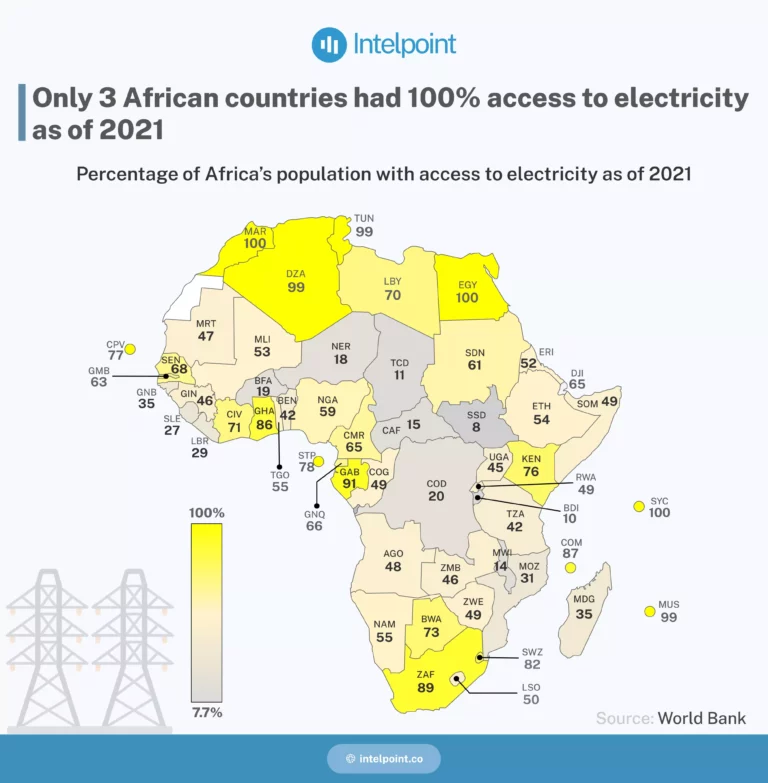
Only 8% of South Sudan's population had access to electricity as of 2021, representing Africa's lowest percentage. Although eight countries boasted between 90% and 100% access to electricity, more than 50% of the population of 24 other countries were without electricity.
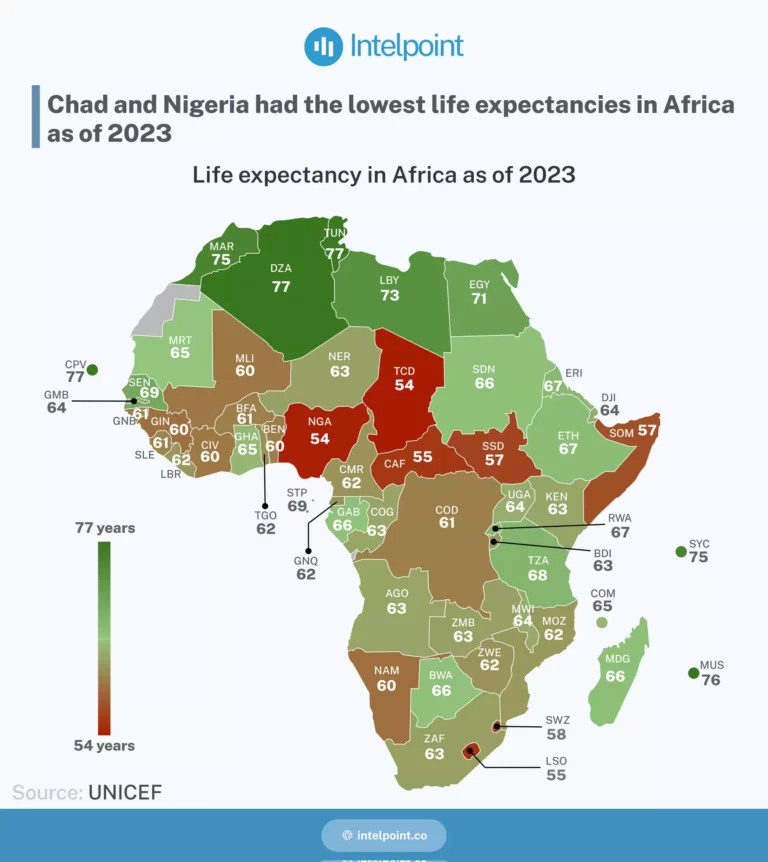
The African countries with the highest life expectancies as of 2023 are: Algeria - 77 years, Tunisia - 77 years, Cape Verde - 77 years, Mauritius - 76 years.
The African countries with the lowest life expectancies: Central African Republic - 55 years, Lesotho - 55 years, Nigeria - 54 years, Chad - 54 years.

As of the end of September 2023, Starlink Nigeria had amassed a customer base of 11,207 active subscribers, growing 66% from 6,756 in June. It placed 4th in the market after Spectranet (113,747), Tizeti Network (19,126), and ipNX Nigeria (14,871).

Global sales of electric vehicles are projected to hit 13.33 million by 2027, up from 4.6 million in 2021, indicating a significant increase in the shift from petroleum product-powered vehicles to electronic ones.

Kenya received $377.8 million (Sh50 billion) from a consortium of European agencies to build a Bus Rapid Transport (BRT) lane in Nairobi in 2023 which is also the first electric bus lane in the East Africa region. The European Union will provide $48.9 million (Sh6.47 billion) in grants, the European Investment Bank (EIB) and Agence Française de Développement (AFD) will jointly support the project with $256.8 million (Sh33.9 billion), and Kenya will bring $72.0 million (Sh9.5 billion).
